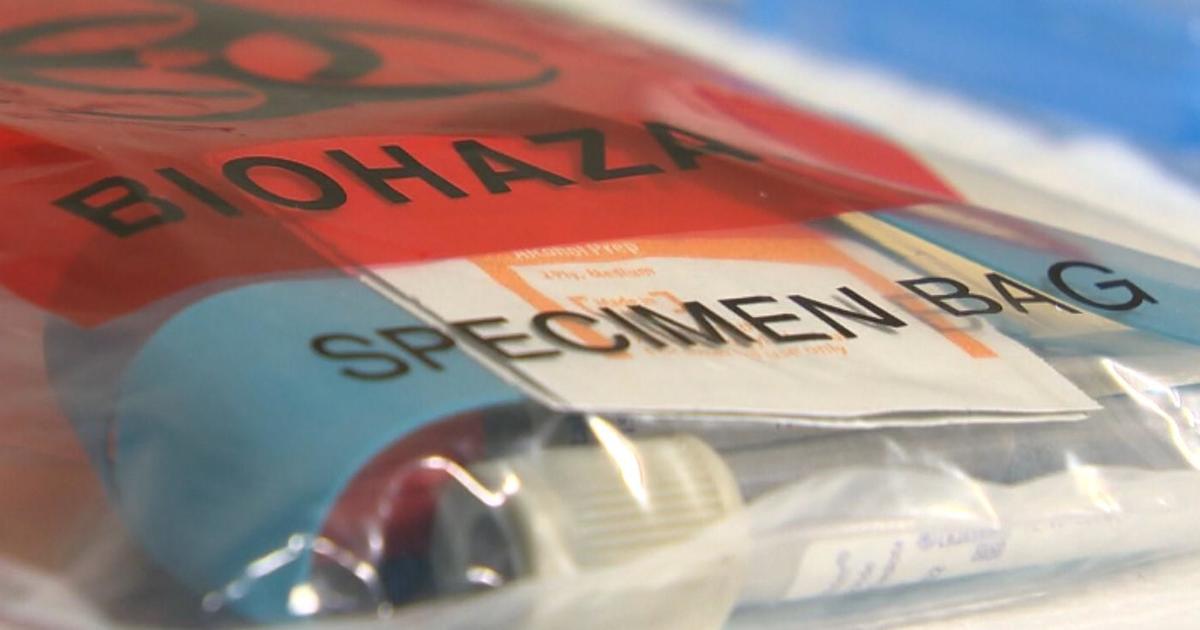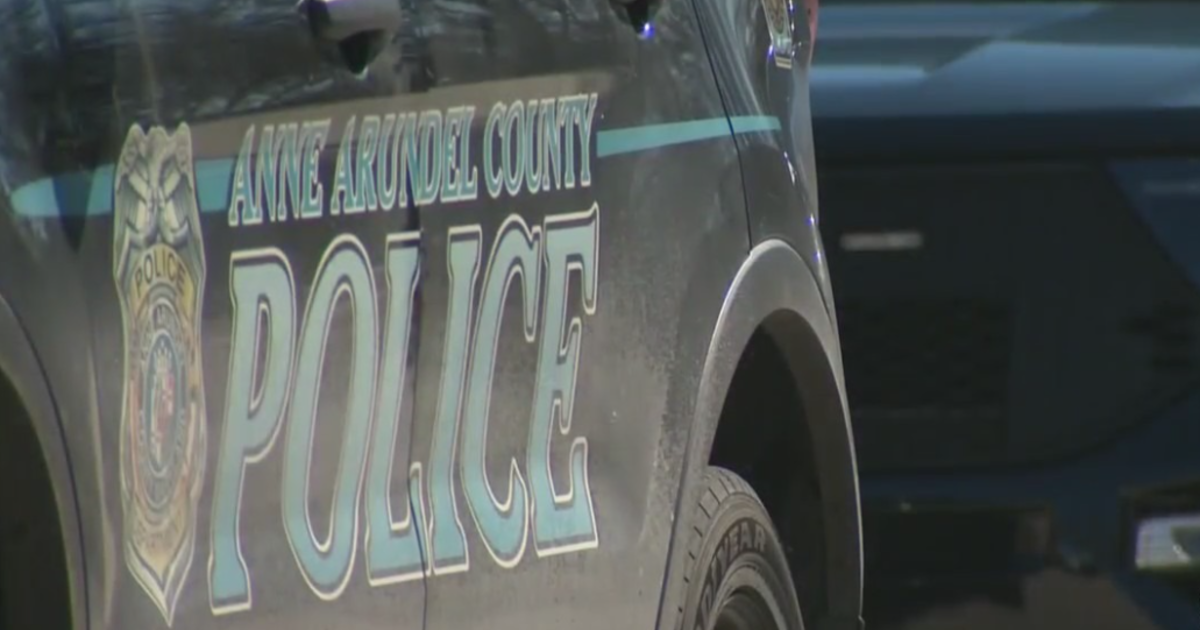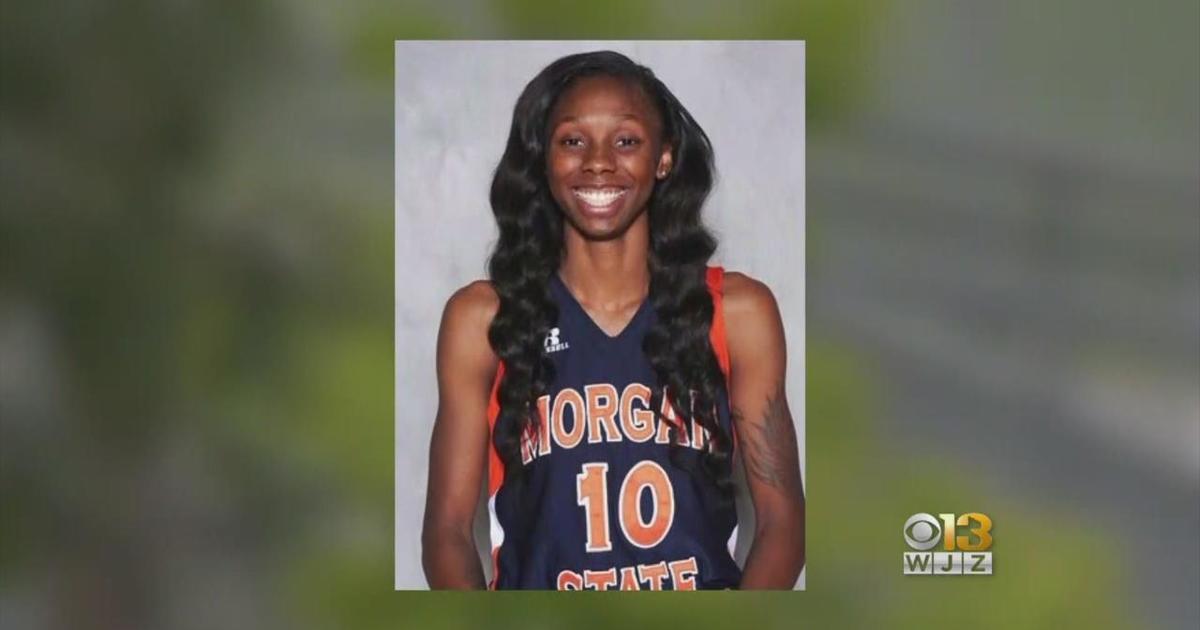Teens, DEA Team Up Against Heroin
JON KELVEY
Carroll County Times
WESTMINSTER, Md. (AP) -- As her friends were in the bathroom getting ready for homecoming, Hailey slipped away, crossing the hall to the bedroom in her Westminster home and closing and locking the door behind her. Overwhelmed with everything that was going on, she sought some sort of temporary relief.
Meanwhile, her friends noticed Hailey's absence and knocked on her door.
"Hailey?" they called. "Hailey, come on, we're going to be late."
Their concern mounting, they called Hailey's mother, who helped them unlock the door. There they found Hailey, unconscious, a syringe next to her arm.
"Call 911!" Hailey's mother called, her voice tight with panic, "Call 911!"
It could be a tragic story told on the news almost any given evening, but in this case, "Hailey" had not really overdosed on heroin. Her real name was Shannon Driskell, 18, a recent graduate of South Carroll High School and one of the teenage actors in the FoolProof Improvisational Theatre Troupe. The group is composed of students from Carroll high schools who perform in front of school audiences and even at drug rehab centers, acting out scenarios involving drugs, alcohol and abuse.
"It's so awesome to be able to be a part of something like this ... to help people, to be able to get inside the mind of addicts and people going through these situations," Driskell said. "It's helped me grow a lot as a person since I have a better understanding of people. They may not be acting this way because of why I think they are."
In this case, Driskell and roughly a half dozen other members of the troupe were acting out the overdose scenario for a camera crew on Tuesday. The scene will be part of a series of public service announcement videos being filmed by the Carroll County Health Department and the U.S. Drug Enforcement Administration, potentially for release nationwide, according to Linda Auerback, substance abuse prevention coordinator with the Carroll County Health Department.
The four 30-second videos will address heroin overdoses, the availability of prescription drug drop-off locations for the safe disposal of narcotic medications, the growing trend of persons becoming addicted to prescription painkillers and then turning to heroin as well as the "faces of addiction," according to Auerback, illustrating the fact that addiction does not discriminate between young, old, employed or homeless.
"The new face of addiction ... are younger addicts, people that were not even using prescription drugs to get high, initially, but are now going over to heroin," Auerback said. "We have people in their early 20s that are already completely addicted."
Connor Kertiss, a 17-year-old senior from Westminster High School, played the role of a young athlete who gets injured in one of the PSAs. After developing an addiction to prescription painkillers in dealing with his injury, the athlete moves on to heroin, illustrating some of the trends DEA and public health officials said are taking place in communities right now.
Kertiss said that in his year of experience with the troupe, their performances have seemed to connect with people who have dealt with drug and alcohol issues, and they have received positive feedback after their shows.
"I think it's amazing, especially when we are at Shoemaker rehab center and we get feedback, and they tell us how real it is for them," he said. "For us, who have never really experienced it firsthand, to make it seem real to these people who really have experienced it is really awesome."
FoolProof is in its 28th season, and troupe founder Paul Zimmerman said that he has become convinced of the power of theater to connect with people in a special way, holding up a mirror in which people can see their own behavior or the behavior of loved ones from the outside.
"One time, we did a scene dealing with a 16-year-old girl playing a mother who is an alcoholic who left her kid at school. The teacher had to bring the kid back home and there is a confrontation," Zimmerman said. "Afterward, the audience asks questions of the characters. This one guy said, `I'd like to talk to the mother that left her kid at school.' So the girl went from neutral up into character and this guy leaned forward ... this guy in his 40s looked at this 16-year-old girl and said, `Mommy, why did you do that to me? Don't you know how much that hurt me?' "
The PSAs will not be the first time that the Health Department and FoolProof have worked together, according to Zimmerman -- FoolProof actors were involved in the making of the original "Heroin Kills" video in 1999. In fact, it was that video that led to Auerback being invited to a special interagency meeting that led to the production of the new PSAs.
In February, Auerback was invited to a meeting of a special fentanyl/heroin task force composed of the DEA, U.S. and state's attorney's offices, and the High Intensity Drug Trafficking Area. Fentanyl is a synthetic opioid many times more powerful than heroin that has been increasingly found in samples of heroin from the Baltimore metropolitan area, leading to a number of overdoses. In talking about this and other trends, the various agencies at the table decided that it was perhaps time for a series of new PSAs addressing new trends in drug abuse.
"They really wanted the focus to be on prescription drug use and the transition to heroin use, and breaking the perception that a heroin addict is a bum on the street," Auerback said.
The Health Department, meanwhile, had made the creation of new anti-drug PSAs a component of its state-mandated Opioid Overdose Prevention Plan in 2013. Auerback offered to bring in the FoolProof actors and the DEA offered funding to everyone's mutual benefit.
"I told them that we ... could provide the talent and everything if they would film it," Auerback said. "Because the DEA has a production studio, it wouldn't cost anything."
While filming wrapped on the four videos on Tuesday, Auerback said editing and other final production tasks will likely last into September. She hopes to premiere the videos locally in early October, possibly at the Carroll Arts Center, before distributing them as widely as possible within the county.
"We're going to hopefully get it in some of the movie theaters and also local cable stations," Auerback said. "We definitely want to get it in schools and ... it can also be run in doctor's offices. In the Health Department, we have a TV in our waiting room where they can be aired either back-to-back or separately."
As with the "Heroin Kills" video, the PSAs may well be distributed throughout the state and even the country, according to Auerback. She said the office of Gov. Martin O'Malley had expressed interest in possibly distributing the videos to the prevention offices in all Maryland jurisdictions and that the DEA had mentioned distribution through its media partners, including possible showings at Orioles Park at Camden Yards or other ballparks.
For Driskell, knowing her performance could be shown far and wide is exciting and also a little disconcerting, but ultimately she is glad to see the message disseminated and to have learned from the experience.
"It's really short, but it's to the point. It shows that it's a serious issue," she said. "People my age don't know what to do when something happens. It doesn't seem real to them until you have to deal with it. It's given me a way to, not to be involved in it, but to be on the sidelines and see what to do. I wish everyone could be a part of it."
(Copyright 2013 by The Associated Press. All Rights Reserved.)



